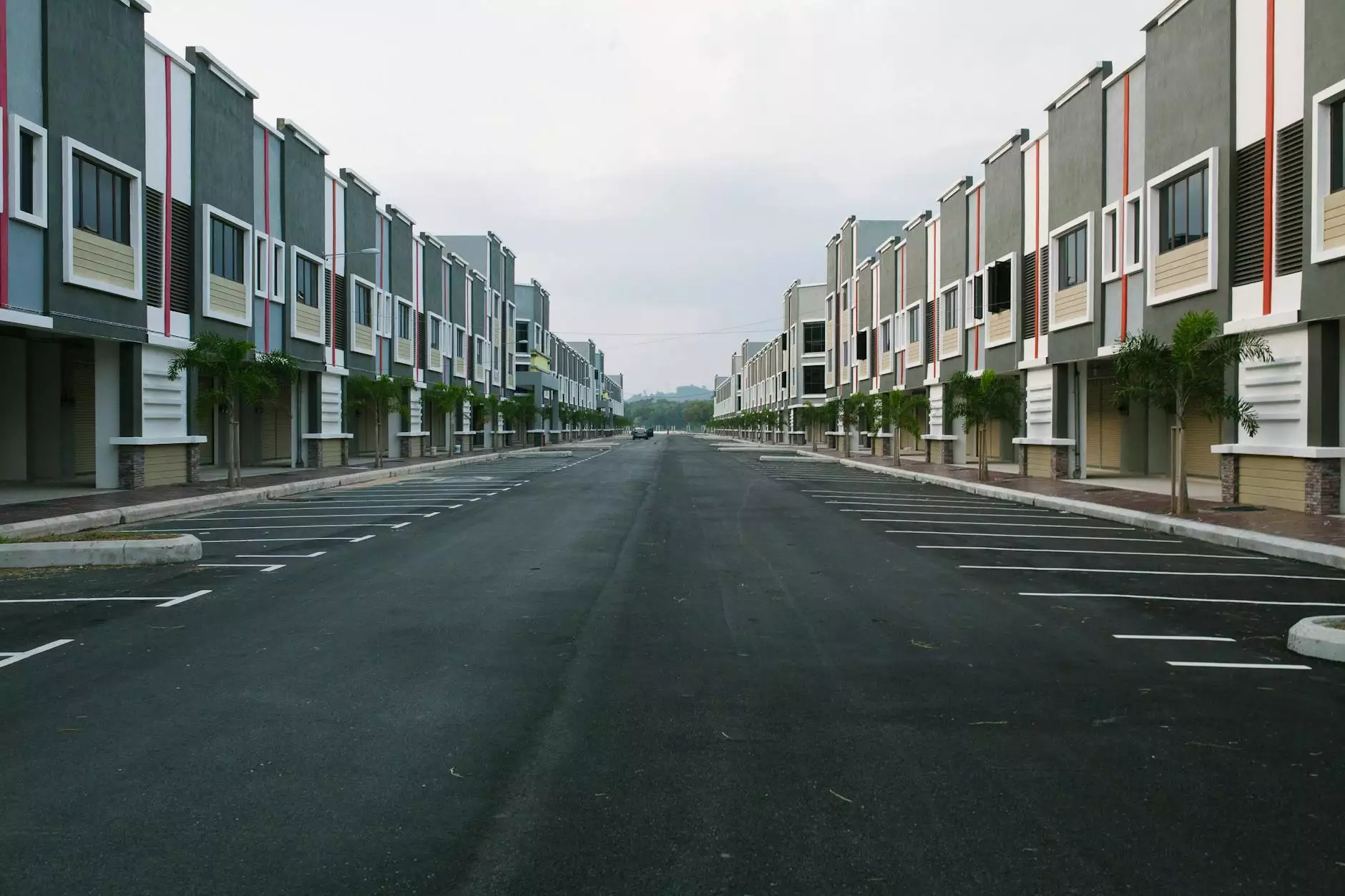How to Make a Budget For a Retail Store?

Welcome to SEO Company Kansas City's guide on creating a budget for a retail store. If you are a business owner or manager looking to optimize your retail store's financial performance, this comprehensive guide will provide you with all the necessary information and strategies to develop an effective budget plan.
Why is Budgeting Important for a Retail Store?
A budget plays a critical role in the success of any retail store. It serves as a roadmap for managing your business finances and guides your decision-making process. By having a well-structured budget in place, you can gain better control over your store's expenses, identify areas for improvement, and allocate resources effectively. A budget also helps you track your financial progress and make informed decisions to ensure the long-term sustainability of your retail business.
Steps to Create a Budget for a Retail Store
Creating a budget for a retail store involves several key steps. Let's dive into each step in detail:
1. Define Your Financial Goals
Before crafting your budget, it's essential to clearly define your financial goals. Determine what you want to achieve in terms of sales, revenue, and profitability. Setting specific and measurable goals will provide you with a clear direction and help you align your budget accordingly.
2. Analyze Historical Data
Take a close look at your store's historical financial data, such as sales records, expenses, and profit margins. This analysis will give you insights into your past performance and highlight any trends or patterns. Identify your best-selling products, peak seasons, and any challenges faced in the past. This information will assist you in making informed projections and setting realistic targets.
3. Identify Fixed and Variable Costs
It's crucial to differentiate between fixed and variable costs when budgeting for your retail store. Fixed costs include rent, utilities, salaries, and other expenses that remain constant regardless of your sales volume. Variable costs, on the other hand, fluctuate with your sales, such as inventory, marketing expenses, and commission payments. Understanding these cost categories helps you allocate your resources effectively.
4. Determine Revenue Projections
Based on your historical data and market trends, estimate your expected revenue for the budgeting period. Consider factors such as market conditions, industry trends, and customer behavior. Be realistic and conservative in your projections, taking into account any seasonal fluctuations or external factors that may impact your sales performance.
5. Set Expenses and Cost of Goods Sold (COGS)
Once you have determined your revenue projections, it's time to allocate your expenses and cost of goods sold. Closely examine your variable costs and aim to optimize them without compromising the quality of your products or customer experience. Look for potential cost-saving opportunities and negotiate better deals with suppliers or service providers to maximize your profitability.
6. Include Miscellaneous and Contingency Funds
Don't forget to allocate a portion of your budget for miscellaneous expenses and unexpected contingencies. It's essential to have some flexibility within your budget to handle unforeseen circumstances such as equipment repairs, marketing emergencies, or changes in market conditions. Having a contingency fund ensures you can adapt and respond to challenges without compromising your overall financial stability.
7. Monitor and Review Regularly
Creating a budget is just the first step; ongoing monitoring and regular reviews are crucial. Keep track of your actual expenses and revenue against your budgeted amounts. Analyze any deviations and identify reasons for differences. Regular monitoring enables you to make timely adjustments, identify areas for improvement, and ensure your budget remains aligned with your business goals.
Conclusion
Developing a comprehensive budget for your retail store is essential for sustainable growth and long-term success. By following the steps outlined above, you can create a budget tailored specifically to your business needs. Remember, a well-structured budget provides you with valuable insights, helps you make informed decisions, and optimizes your financial performance. For further assistance and guidance on budgeting and improving your retail store's overall performance, reach out to SEO Company Kansas City - your trusted partner in Business and Consumer Services.




